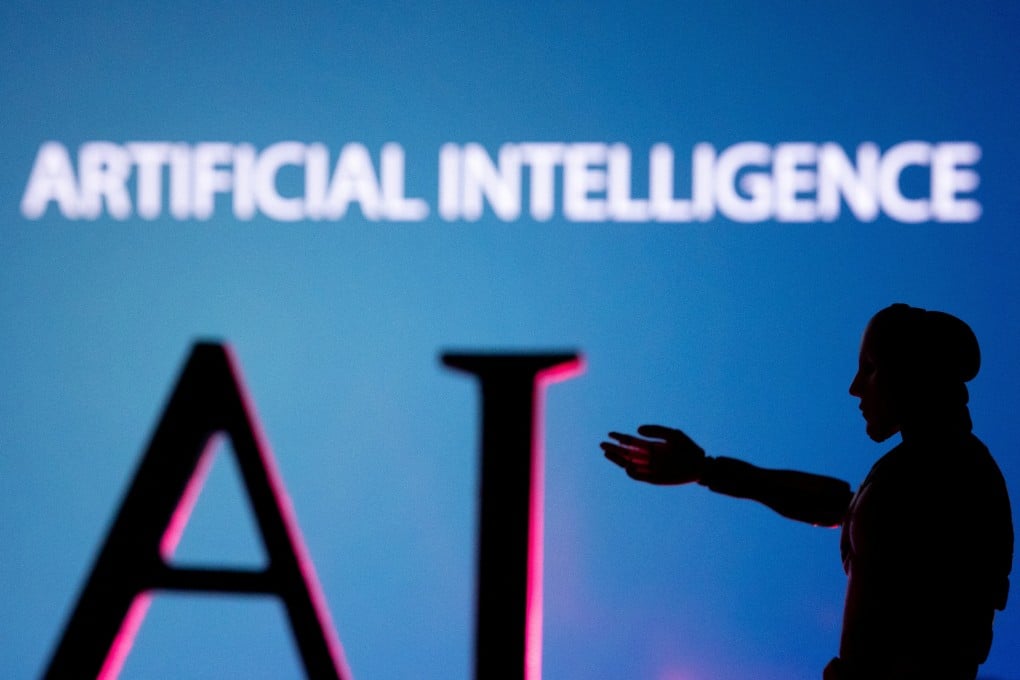Advertisement
Macroscope | Killer robots or not, AI’s threat to jobs is real – which is why it must be handled wisely
- New technologies are often viewed with suspicion, only for humans to later enjoy their immense benefits
- Ensuring AI brings similar gains to humanity instead of widespread misery will require effective regulation and oversight
Reading Time:3 minutes
Why you can trust SCMP
2

Ever since Microsoft-backed OpenAI’s ChatGPT took the world by storm with its humanlike responses late last year, artificial intelligence (AI) has moved to the centre of the tech stage. Proponents have talked up a quantum leap in industrial efficiency while sceptics have painted a grim picture of millions of people being turfed out of a job.
Fear of AI is not new. Who can forget Stanley Kubrick’s iconic film 2001: A Space Odyssey, where the AI supercomputer HAL that controls the spacecraft goes berserk and tries to kill the crew amid conflicting directives. In the Terminator series of films, the military AI Skynet becomes self-aware and decides to wipe out humanity, fearing that we will destroy it.
On the face of it, ChatGPT is less intimidating. It is a natural language processing tool driven by algorithms, known as a large language model, which allows people to have humanlike conversations with the chatbot. It can answer questions and assist with a variety of tasks, such as composing emails and essays, and writing computer code, among others.
The results have been described by billionaire Tesla CEO Elon Musk as “scary good”. Geoffrey Hinton, widely considered the godfather of artificial intelligence, stepped down from his position at Google in May after a decade at the firm, citing the risks posed by bad actors spreading misinformation and the possibility of large job losses.
Meanwhile, proponents point out that while AI can be deployed in autonomous driving, facial recognition, as a mobile phone assistant or even as a formidable opponent in a game of chess, for the time being this remains a computational exercise as opposed to a conscious experience. While the computer might beat you in a game of chess, it will not feel the excitement of winning.
Human beings will, however, feel the pain of losing their job. In my time working with the Post’s technology team, I chaired various expert panels a few years back on what AI would mean for business. The general optimistic consensus was that it would free up workers from repetitive, manual labour, allowing them to be moved to more creative, value-added jobs.
Advertisement
